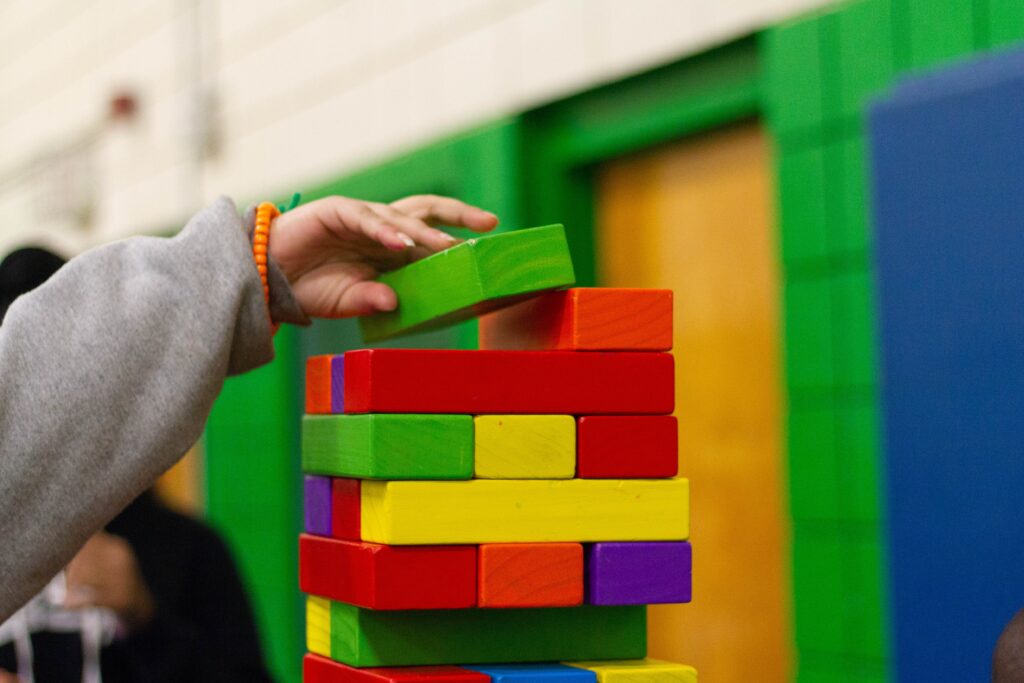Online Chinese class for adults is difficult, why?
Before I came to China, I thought Chinese was the most difficult language to learn, because there are many Chinese characters in Chinese, and each Chinese character has many meanings and sometimes the pronunciation is different.
At that time, I didn’t have the confidence to learn Chinese. But after coming to China, I found that if you are in China, especially in Beijing, there is a good environment for learning Chinese. Although Chinese is difficult, there are many ways to help us solve the difficulties in learning Chinese. (If you want to know more about Chinese learning, please feel free to contact us.)
When I first came here, I couldn’t understand anything other than the numbers from one to ten, and I couldn’t speak fluently. Now I think it’s okay, because I used many methods when I was learning Chinese.
The first way is to choose a foreign roommate for yourself. Coincidentally, my roommate is a Thai, she is a student in the intermediate class, her level is higher than mine, and she speaks fluently. In this way, I can talk to her every day, chat with her, and practice my oral English. This method is of great help to me, if I don’t know how to say it, I can ask her by the way.
The second way for online Chinese class for adults is to often watch TV and watch Chinese programs. I can choose many programs, such as: news, movies, TV series, sports, life, cartoon (animation) and so on. My favorite things to watch are cartoons, movies, TV series and life shows.

Cartoon programs are programs for children. They are relatively simple and easy to understand and understand. Watching movies and TV shows can help you understand how adults usually speak, and you can also learn new words from them.
If I encounter new words, I can read the dictionary while watching TV, so I can learn a lot of new words. Even if you can’t remember it once, you can remember it after watching it a lot. Take your time. I also like watching life shows, because I can learn a lot of knowledge.
Watching TV can improve my listening ability, and it can also help me recognize Chinese characters. Improving listening skills is of course, but how to help people recognize Chinese characters?
When watching TV, I can listen to them while watching the subtitles below. Reading more Chinese characters will definitely help me recognize and remember Chinese characters. But because my Chinese level is not yet high, I can read the subtitles too slowly, so I can see the first words, but I can’t read the latter ones in time.
Sometimes I don’t really watch TV, the TV is turned on, but I don’t watch it, I listen to the sound of the TV to do my homework.
The third way is to listen to the text recordings. We have recordings of texts for reading and speaking. Sometimes I do things while listening to the recording, for example, doing laundry or cleaning the house while listening to the recording, which saves time. In order to understand the meaning, I sometimes played the recording repeatedly.
The fourth way is to buy things. When shopping, I can listen to what other people say, how to ask, how to buy things, and I can learn a lot from talking to the salesperson or listening to them. Sometimes you can ask him, what is this thing called, what is that thing called. If I have time, I can chat with him for a while.
When shopping, for example, in a supermarket, in order to understand what you want to buy, you must read Chinese characters. When encountering a Chinese character you have learned, it is equivalent to reviewing it again, and you can guess the meaning if you don’t understand it.
In fact, there are many ways to learn Chinese, and there are many opportunities to see Chinese characters in life. You can look at the stop signs at bus stops or subway stations, and look at the menus when you go to restaurants to see if you can read them and understand what they mean. . It is also a good way to make friends with Chinese people, you can chat, send and receive text messages and so on.
There are many ways to help us learn Chinese, but the most important thing is to rely on ourselves. If we don’t work hard, there will be no way. It is necessary to study hard, and it is impossible to do nothing.
Russia’s “Komsomolskaya Pravda” article on April 20, original title: In order for children to be competitive in the international job market, they should learn Chinese. April 20 is the United Nations Chinese Day. Alexei Naam, head of the Harlem-China Friendship Association, was interviewed and answered questions such as how to start learning Chinese.
Nam said: “Chinese has become an international language, and there are currently about 40 million people around the world who are learning this language. For those who are just starting to learn Chinese, the biggest difficulty may be mastering pictographs. For us, learning Chinese characters may feel unaccustomed.
But I think, pictographs are easier to remember than letters and words, because it is like a painting. For children who are new to Chinese, pictographs are the easiest , because there are connections between different Chinese characters, after mastering the basic Chinese characters, all that remains is to memorize the correct pronunciation.”
When talking about the number of Chinese characters that need to be mastered, Namu said that for middle school graduates, the standard is to master 1,500 to 3,000 Chinese characters, while college graduates need to master 5,000 to 7,000 Chinese characters. He also mentioned that learning Chinese calligraphy is helpful to master the Chinese language. Calligraphy is an art and a part of traditional Chinese culture. In addition, learning calligraphy helps to develop students’ aesthetics, as well as enhance their comprehension and perseverance.
At present, some schools in the Yuzhno-Sakhalinsk region have offered Chinese courses. After students pass the Chinese Proficiency Test (HSK) and reach a certain level of Chinese, they will have the opportunity to enter China’s first-class universities and receive scholarships.
Nahm said: “As far as I know, many Russian graduates who learn Chinese find jobs in Chinese companies in Australia or Europe, and some of them finish their studies and return to work in China. Some people stay in China. , and work there.”
Nam said: “It is necessary to master online Chinese class for adults nowadays, but if we want our children to be more competitive in the international job market, then we should give priority to letting children learn Chinese. Because a lot of trade and major production are in China. If If you want to work in China, you’d better master basic Chinese first.”















